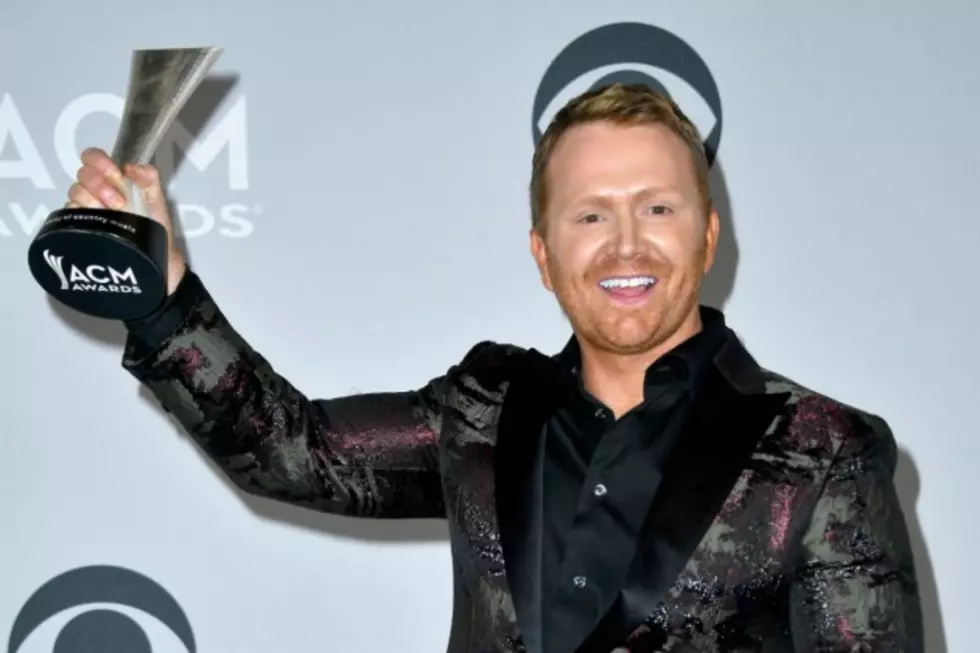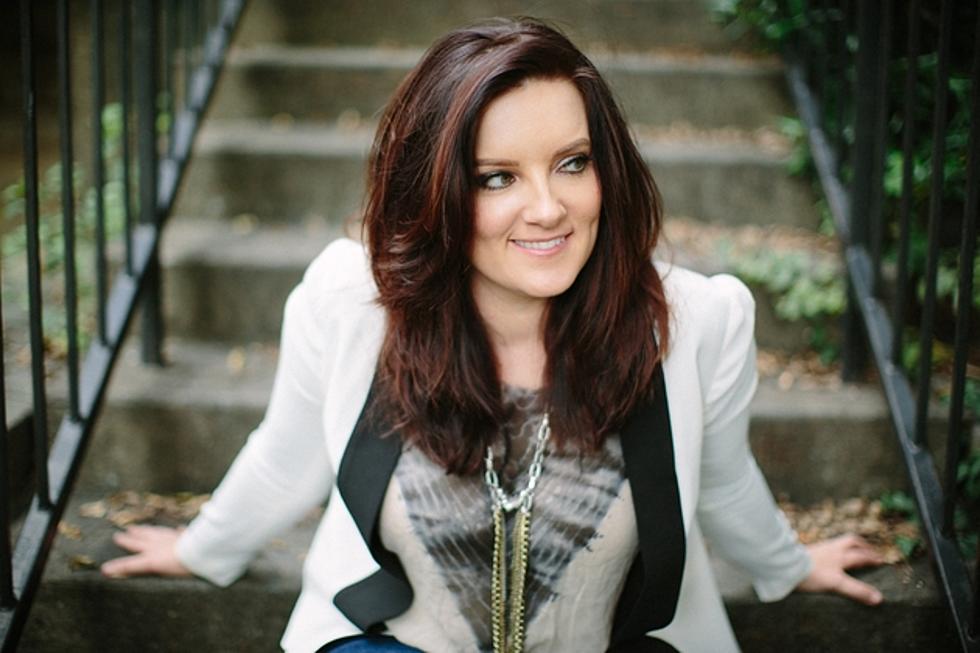
Brandy Clark Interview: Singer-Songwriter Talks New Album, Songwriting Success
Brandy Clark is one of the most uniquely gifted songwriters in country music today. Her witty, observational lyrics and exceptional storytelling ability have earned her cuts on artists as diverse as Reba McEntire, Sheryl Crow and Darius Rucker.
In the past year she has scored two No. 1 hits, with the Band Perry's 'Better Dig Two,' and most recently with Miranda Lambert's 'Mama's Broken Heart,' which is nominated for Song of the Year in the 2013 CMA awards.
On Tuesday (Oct. 22) Clark released her first full-length solo album, '12 Stories,' which reveals an entirely new facet to her talent, introducing a voice every bit as strong as her songs. The result is an album so pure and uncompromising that Nashville insiders and critics had already starting predicting greatness before it was even released. At once classic and cutting edge, Clark's music sounds like what might happen if Loretta Lynn and Kacey Musgraves got together and wrote a batch of songs, and Wynonna Judd recorded them.
The Boot caught up with Clark to discuss her new album, her unique songs, and how things might be changing for women at country radio in this exclusive interview.
How did it come about that you're making a solo album now, after so much success as a writer?
About three years ago, I was just writing songs, and I wasn't thinking about making my own record. And Emily Marchbanks at Fitzgerald Hartley heard some of my demos and an EP that I had done, and approached me about making a record. And she said that Fitzgerald Hartley would pay for me to make a record. And I was like, "Are you serious?"
For a while I kinda thought it seemed too good to be true, and she said, "No, we're serious - you make the record you want to make, and we'll give you a budget to do it, and we'll figure out how to make it work." So that's what we did.
How many years have you been in Nashville total?
Sixteen.
Did you have any idea what you were getting yourself into when you first came here?
No. I definitely moved here and was naive, and thought I had written a bunch of really great songs, and that I would set the town on fire in a matter of two years. I was very wrong, and had a lot to learn. But I never really felt discouraged in that. When I moved here, I very quickly assessed that my songs were not as great as I thought they were, and I just started working on it, writing. I definitely dug deep. I wanted to be great. And I loved Nashville, so that made it easy. I loved the music business. It made it easy for me to stay and make a life here.
You've had a lot of success in the past couple of years. What's changed, as far as how your songs are being received?
I just think it was putting in my time. I've had some little successes along the way; I got several cuts, and I even had singles that just didn't do well. And I think I just put in enough time -- you know, in the last year I've had two hits. Luck finally swung my way, because any of the songs that I had that were singles could have been hits, if I'd had the luck factor going for them. And I just didn't get lucky on them, and for some reason this past year . . .
It's been a lot of hard work. When I got the chance to be heard, I had worked hard enough and long enough to be good enough.
Your album is already being hailed all over the place as one of the best albums of the year. Does that make you nervous at all, to have that kind of expectation out there when you're just getting out into the marketplace for the first time?
It's a little bit of both; it makes me really excited, and it makes me -- this album took a long time from getting done to getting out there. It's been done for two years, and we've just been trying to find a label home and a way to get it out there.
I remember when we were making it, Emily Marchbanks -- who's my biggest supporter in all this -- would say, "This is Record of the Year. This is the best record ever." Big statements to make us feel good, because we were working on it. But I also think she really, truly felt that way. And along the way, as it got passed on or it started to look like it wasn't going to come out, Emily continued to say that, but I would feel like, 'Maybe it's really not that great.'
So for me, to have it coming out and hearing Rolling Stone -- they've reviewed it and gave it 3 1/2 stars, and Jody Rosen at New York magazine called it his favorite album of the year. You know, hearing those kinds of things does make me feel validated, like, okay, our hard work, people are hearing that, and it is more than just Emily hearing that.
But the part that makes me nervous is, okay, so where do we go from here? [Laughs.] Because with this record being two years old to myself, I'm already thinking about another record. That's where I get nervous. It's like, oh, wow, people love this, I don't want to let them down.
And as much as the critics love it, I really, truly believe the public will love it more.
I think it's going to be an album that connects with people. The trick is, how do you get it in front of people? It's an album that's a lot more challenging in the way the songs are written, compared to most of what's on the radio. How do you see that working in terms of radio?
I would absolutely love it if country radio would embrace it. I don't know that they will. And we haven't even -- the way that our deal is structured, we don't have the money to go to country radio in the way that a major label would. But there are some country radio reporting stations that are actually playing it, which shocks me in a beautiful way.
XM is really playing the heck out of it, and they're going to be playing it more and more. We just found out that it's going into their regular rotation, and it's performing really well. They base everything on sales, and they said that it's off the charts for them in terms of the response that it's getting.
So I'm hoping that between XM, and NPR, I'm hoping that'll get it in front of people, and that'll help our sales. I know that it has, because we did an NPR segment, and yesterday we were No. 4 on the country iTunes album chart, and the highest pre-orders. So I just think if it can be heard -- and gosh, if country radio would play it, I can't even imagine how amazing that would be.
Women are undeniably making some of the best music in Nashville right now, and getting nominated for more awards, and really sort of moving the dial as far as where the industry is going. But men are totally dominant at country radio. It's like a split universe. How do you account for that?
I don't know. I feel like -- maybe I'm naive in this, but I feel that changing. I do feel like women are making, it's bubbling up that there are women like Kacey Musgraves. That record is making a lot of waves. Ashley Monroe -- there's several right now. The Pistol Annies record is great. Miranda always makes great music. I believe there's a tide turn.
You mentioned the Kacey Musgraves album. I couldn't believe that 'Follow Your Arrow' was the third single choice. I thought that was spectacular, and also really risky. [Laughs.]
Well, you know, with great risk comes great reward. I mean, I'm thrilled, of course; I'm a writer on that song, so for selfish reasons I'm thrilled. But then I'm just thrilled that her label and her would take a chance like that. And I think no matter what, that's a win. I think people love that song, and I'm sure there will be a lot of stations that won't play it, but there will also be stations that will, and it moves the needle.
There's a perception that country music is an entirely ultra-conservative demographic, and maybe the stations respond to that by not offering them something that they feel might offend them. Do you worry at all that the songs you've written on this record are maybe a little too challenging for that audience?
No, I don't worry about that. I think maybe we underestimate the country music audience. Just because when I'm out playing in front of them, I see the way they respond to these songs, and I'm sure -- nothing is for everybody, and I'm sure there are people that would be offended by some of what's on my record. But I feel like there are even more people that will embrace it and will find themselves in these characters and these songs.
What are some of the focus tracks from the album, if you were introducing it to someone who'd never heard your music?
I would say 'Get High,' 'Hold My Hand,' 'Stripes,' 'Take a Little Pill' and 'Just Like Him.'
Are all of these inspired by events from your life or people that you know?
In some ways they are. There's someone I know in every one of those songs. Some of them, the initial inspiration might be something I heard on a TV show, or read in a book, but they all have a character or composite character in them that I know.
A lot of this is stuff that's ripped from people's real lives, but it's the kind of stuff that, although they'll recognize themselves in it, they wouldn't want to admit it.
Totally. I have so many people that kinda take a step backwards at 'Get High.' That's a definite composite character of a lot of people I know, but I always say -- and it's not a lie -- that I wrote this about a girl I went to high school with, because that was the original person I was thinking of when I wrote it.
And when I go out and play, it doesn't matter where I'm at in the country, when I get done, people always come up to me and say, "That 'Get High' song, that's like my sister." They always say it's like somebody, and every once in a while some brave person will say, "That's about me." But I always joke and say I went to high school with a whole lot more people than I realized I did. [Laughs.] Because that person is everywhere.
That's one of those things -- even though that's about a subject that's illegal, the public perception of this has arguably mostly already changed. Only the law hasn't.
Yeah, and Emily Marchbanks, my manager, she always says -- and it's so true -- the reason she loves that song is, it's not just get high. It can be get high, but can also be get drunk, or get whatever it is that you're using to cope.
There's a lot of that on your record -- challenging the way people propose to live their lives, as opposed to the way they're actually living them. Is that deliberate on your part, digging at the parts of people that they want to hide?
Yeah. I mean, I'm really drawn to flawed characters, because we're all flawed characters, I think. But the flawed characters I'm most drawn to are the ones that look the most put together. Because I think that's why -- have you ever seen that TV show, 'Breaking Bad'? It's why everyone loves that show, because it's a high school chemistry teacher that's cooking meth. You think of your own high school chemistry teacher, and you think, 'That's the last person I would ever think was doing that.' So yeah, I love getting at the real, what goes on behind the curtain. I love that.
What do you hope this record will accomplish in its release?
I hope it will hit as many ears as possible. But more than hitting ears, I hope it will hit a lot of hearts. My goal as a writer is always to write songs that people who aren't songwriters would write, if they were songwriters. So I hope that's what this record will do. I hope that someone who's in Middle America taking their kids to school, and going and working at a bank or a grocery store, will say, "That's my song." That's what I really hope.
More From TheBoot


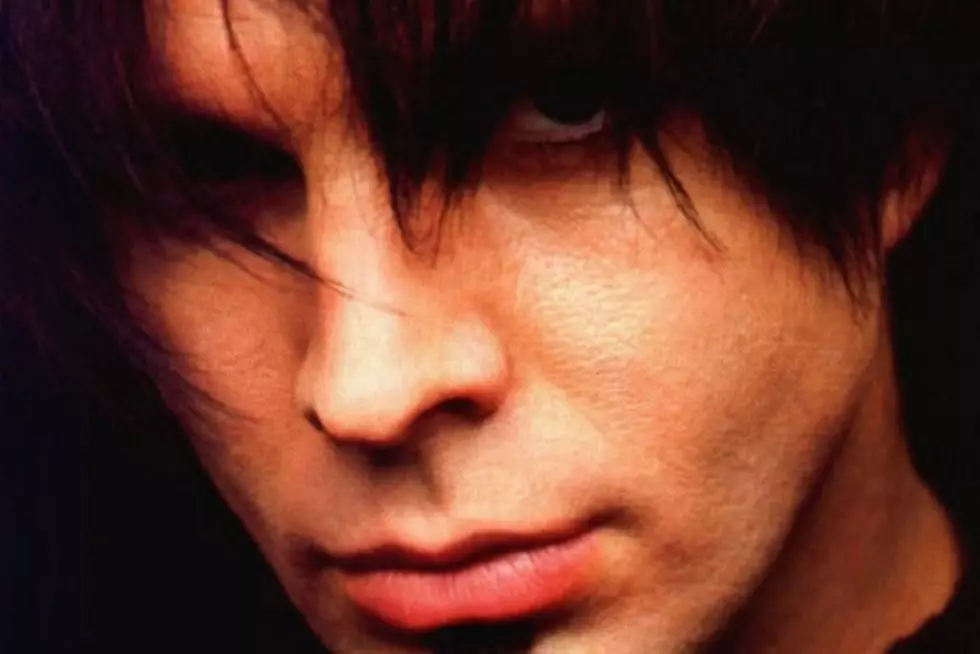
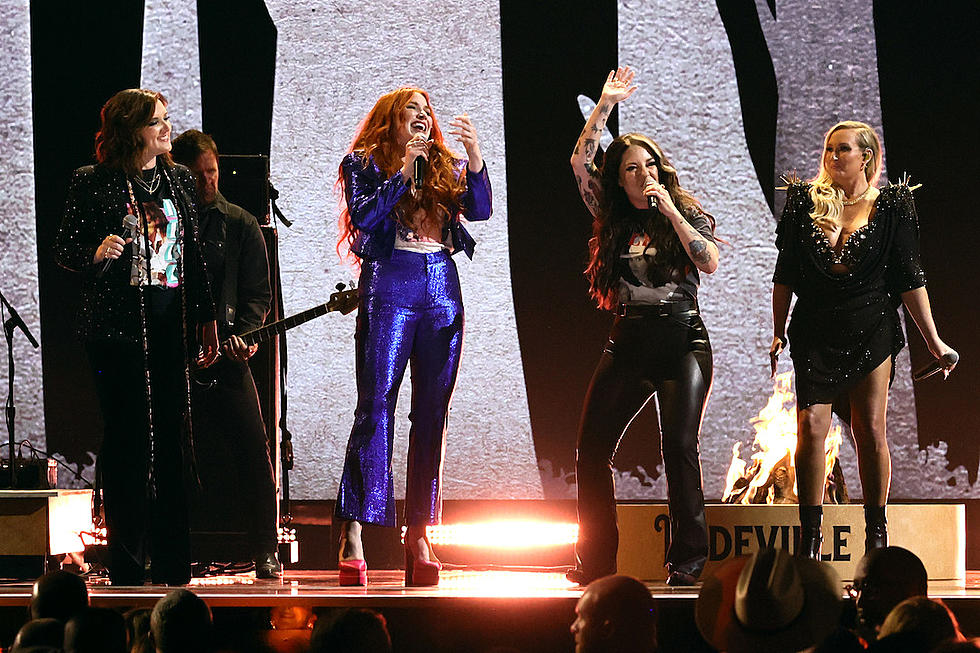

![Brandy Clark Shares ‘Buried’ From New Album Produced by Brandi Carlile [LISTEN]](http://townsquare.media/site/623/files/2023/03/attachment-brandy-clark-buried.jpg?w=980&q=75)
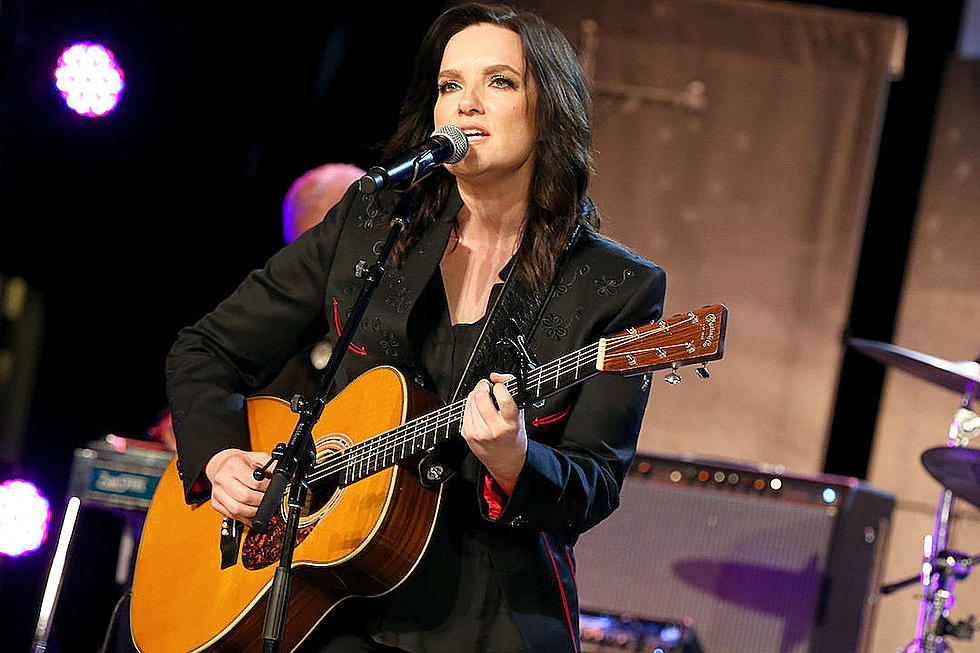
![Ashley McBryde Brings Collaborative Cover of ‘When Will I Be Loved’ to 2022 CMA Awards [Watch]](http://townsquare.media/site/204/files/2022/11/attachment-GettyImages-1440393939.jpg?w=980&q=75)
